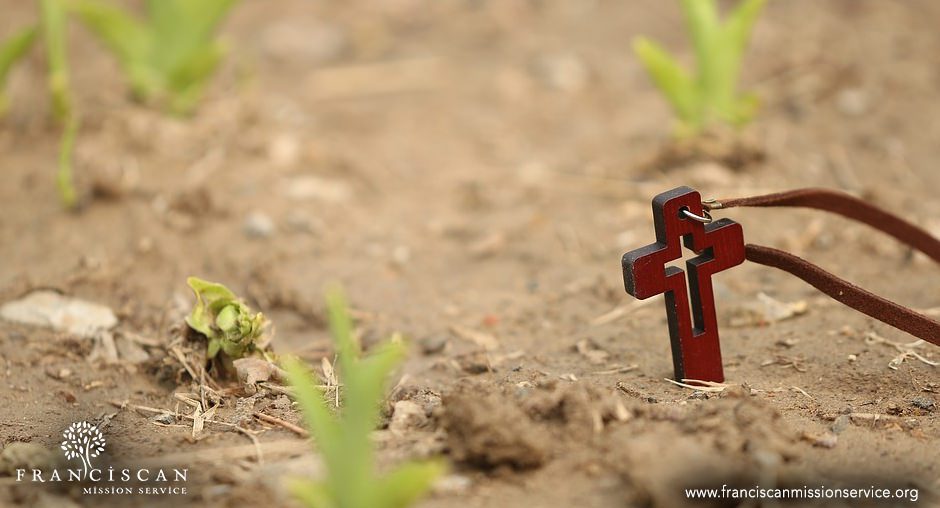Colonization

Editor’s Note: Missioner Aubrey Kimble shares her realizations of the long lasting effects of colonization in Bolivia, especially as it relates to Catholicism.
At the beginning of the summer, I was able to attend the Maryknoll Mission Center Language Institute. I am incredibly grateful to have had that opportunity. The language school was very well run, and I loved my professors. It was also wonderful because they focused a lot on Bolivian history and culture, which gave me a lot more insight into these topics than I previously had.
Throughout one of my classes, we talked a lot about the history of colonization in Bolivia. Before coming to Bolivia, I had known a bit about this history – I knew that South America was colonized by Spaniards, and that the indigenous people were treated horrifically. I knew that many terrible crimes against humanity were committed. And I knew that most of those awful things were done in the name of God.
What I did not know was how much that history still affects many Bolivians today. I didn’t know that the history of what happened is still very much alive in their memories.
I didn’t know that even though the Spaniards left in 1825, their racism and discrimination towards indigenous peoples lived on. And I didn’t know that indigenous people weren’t allowed on the main street in La Paz (one of the capital cities in Bolivia) until about 1950 – a date that is very much within many people’s lifetimes.
I also did not realize that because of this terrible history, many Bolivians today don’t want anything to do with the Church.
And who can blame them?
This is something that struck me hard. As a converted Catholic, I have always been enthusiastic and excited about Catholicism. I remember attending my RCIA classes and thinking that I wanted to hurry up and join the Church! This new perspective – of people wanting nothing to do with the Church – was entirely new and surprising.
I found myself in a strange position. I wanted to defend the Church – I wanted to say a million things, including the fact that the crimes committed during colonization were most certainly not what Jesus would have wanted.
But sometimes it isn’t helpful to defend actions that are indefensible. This made me question my faith though – do I really want to be known as a Catholic in a country where “Catholicism” committed so many atrocities?
This is an incredibly difficult question, but ultimately my conclusion has been yes. I want to be known as a Catholic – but I want to be different. I hope to be an example of what love, solidarity, and acceptance really is.
Reflection Questions: What keeps you grounded in your faith, even in the face of disapproval or reproach?
Tagged in:

